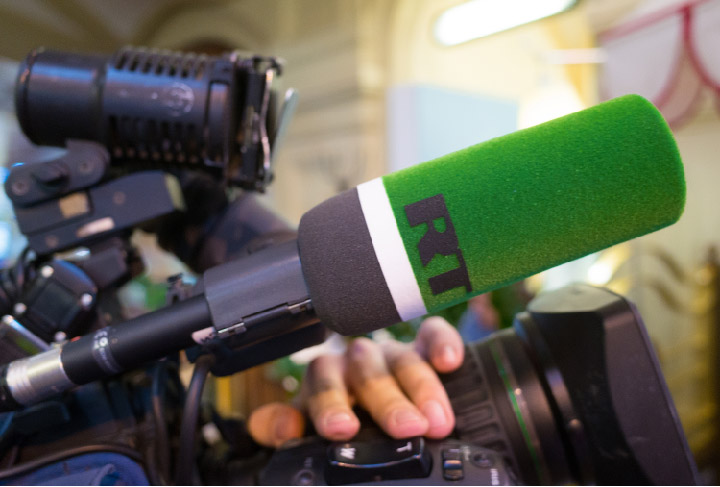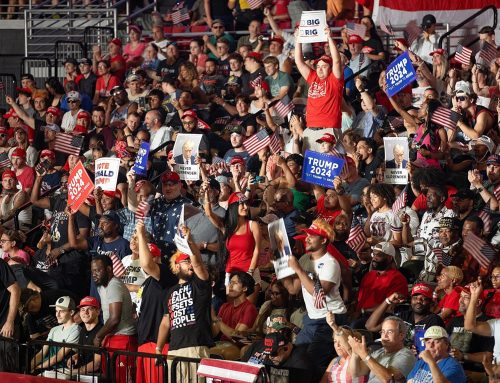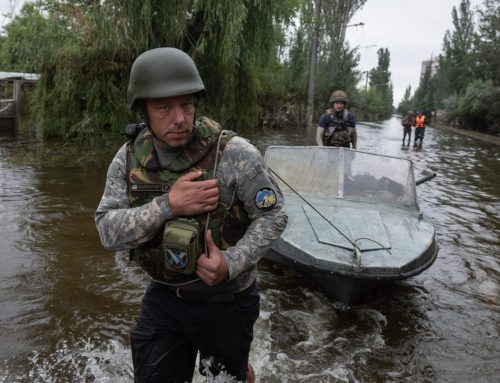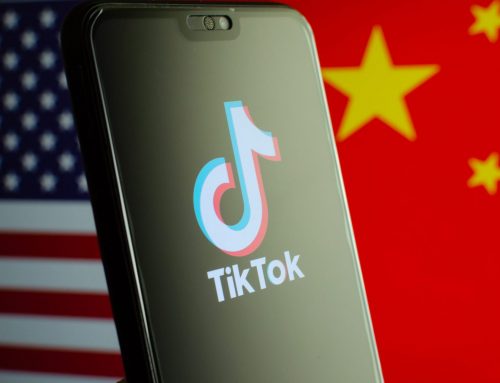A prominent topic for the Russian state media ecosystem last week was the June 16 Biden-Putin summit in Geneva, Switzerland. Russian state media and diplomatic accounts on Twitter put out Page Six-style, celebrity event coverage of the meeting venue and preparations, as well as the movements and behavior of relevant parties. Post-summit content generally mirrored the fairly optimistic tones of both leaders. Also notable was coverage of the press, including RT America’s criticism of the mainstream media’s supposedly low bar for a Biden success, some limited callouts about the lack of Russian media at Biden’s post-summit press conference, and Biden’s response to a CNN reporter. State media and diplomats also predictably provided various highlights of Putin’s post-summit press conference, with two tweets on Putin’s remarks among the week’s overall top ten most retweeted, one of which relayed his criticism of the United States’ human rights record. Coverage accompanying last Monday’s NATO summit primarily involved promotion of Putin’s comments about the organization during his interview with NBC, which cast NATO as antagonistic towards Russia and a “Cold War relic.” Some content suggested that NATO is a tool of U.S. “hegemony,” while the Russian Permanent Representative to the International Organizations in Vienna put out a series of tweets criticizing NATO’s statement on the Open Skies Treaty for its characterization of Russia’s withdrawal, one of which was retweeted by several other diplomatic accounts, including the main Russian foreign ministry account. As usual, Russian diplomats and state media continued to tout the Sputnik V coronavirus vaccine. Notably, the city of Moscow’s decision to make vaccines mandatory for workers in certain sectors amid rising coronavirus cases did not draw the vigorous criticism from state media that marked their response to discussions of mandatory vaccinations in other countries. Meanwhile, state media highlighted safety concerns about Western vaccines and criticism of U.S. policies related to global vaccinations.
Chinese officials and state media reacted angrily last week to statements targeting China produced at the G7, NATO, and with EU-US summits. Much of the Chinese conversation around the G7 denounced the group’s purported irrelevance. A Chinese cartoon representing all G7 countries as apostles paying homage to a messianic United States in a parody of Da Vinci’s last supper illustrates this point well. Other comments focused on the group’s decreasing economic and demographic weight to justify its obsoleteness. Chinese officials and state media were similarly unenthused with NATO declaring that China presented “systemic challenges” to the Alliance. Two top Chinese Ministry of Foreign Affairs officials stressed NATO’s far superior nuclear arms arsenal and NATO’s high defense expenditure to portray the organization as the more aggressive party. And while some diplomats stressed the need for dialogue and cooperation, others warned that China would not simply “sit back” in the face of perceived aggression. The Chinese reaction to the EU-U.S. summit was initially just as defiant as statements about the G7 and NATO. The Chinese Mission to the EU released a statement and a long tweet thread denouncing the EU’s “Cold War mentality and bloc politics rhetoric.” State media outlet Xinhua and People’s Daily followed suit. At the same time, other reporters sought to underline divisions between the United States and its European allies while the Chinese Ministry of Foreign Affairs’ statement following the EU-U.S. summit was noticeably more dovish, emphasizing cooperation and mutual respect and steady development of bilateral ties. Finally, Chinese reactions to the Biden-Putin summit were relatively subdued. Chinese officials and state media emphasized the closeness of Russia and China in the run-up to the meeting. After the meeting, the outlier was the head of China Daily’s Europe bureau who posted multiple tweets to lionize Putin’s supposedly free-flowing and open press conference compared to Biden’s more rigid performance. Outside of coverage of Biden’s European tour, Taiwan caught a slightly higher than usual amount of flak from Chinese officials and state media last week. The main angle of attack focused on Taiwan’s refusal to import Chinese-produced vaccines, with Chinese messengers promoting Chinese vaccines, implying Western ones were deadly, and criticizing the United States for not delivering enough vaccines to its Taiwanese partner. The Global Times’ takes had a particular anti-Tsai/anti-DPP slant. In addition, Chinese officials and state media continued spreading conspiracy theories surrounding Fort Detrick as the possible point of origin for the coronavirus—further evidence that this narrative has become the CCP’s official position. Finally, highlights (or lowlights) of last week’s Xinjiang-related coverage from Chinese diplomats and state media include another attempt at a viral video, using an Italian senator and foreign reporters to poke holes in genocide accusations, and pre-emptively criticizing democratic countries for trying to bring up the issue at the United Nations.
The Tehran-linked Twitter space last week was dominated by anticipation of, and then reactions to, the managed election of hardline judiciary chief Ebrahim Raisi to the presidency. The Guardian Council had already disqualified the vast majority of candidates who had sought to run, and several approved hardline candidates had dropped out and endorsed Raisi in the days leading up to the election. Raisi’s opponents congratulated him on Twitter and in statements to the press. Turnout was seen as a key test of the legitimacy of the elections, and the supreme leader blasted U.K. and U.S. media for allegedly working to suppress it. The supreme leader himself addressed turnout fears, telling discouraged voters before the election that their complaints were justified, but that non-participation will not solve their problems, and that every vote is important. Speaker Ghalibaf urged Iranians, “especially the youth,” to invite their friends “one by one” to cast a ballot. Though Iranian media outlets like Fars and Tasnim claimed long lines and overwhelmed polling stations in some provinces, AP reports the lowest turnout in the history of the Islamic Republic, with only 28.9 million casting ballots (out of more than 59 million eligible), including 3.7 million voided ballots. In international coverage, the Iranian Ministry of Foreign Affairs criticized NATO and the G7 in a generic statement, while describing Iran as an “anchor of peace and security in the region.” PressTV also reported that the U.S. military is “reducing [its] presence in the Middle East” to “confront Russia and China,” based on reporting from the Wall Street Journal.
The views expressed in GMF publications and commentary are the views of the author alone.








